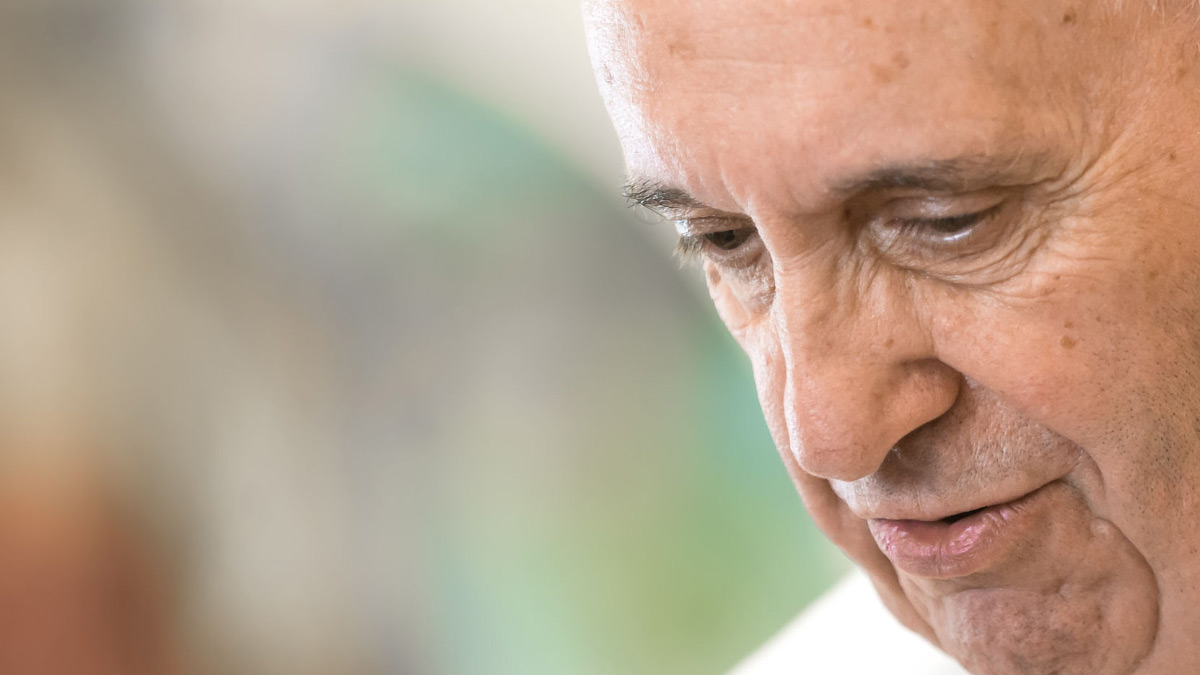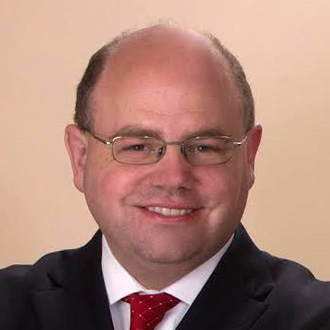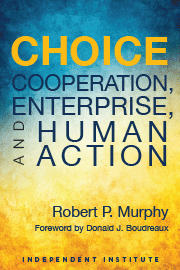Pope Francis is meeting with executives from top oil companies and investment funds to discuss climate change. The Pope’s perspective will presumably reflect his 2015 encyclical “Laudato si’”, which (among many points) called for a drastic reduction in carbon dioxide emissions. As an economist who has contributed to the book, Pope Francis and the Caring Society, that respectfully but critically engages the thought of Pope Francis, I laud the spiritual motivation of his concerns but question the actual consequences of his recommendations. Simply put, the Pope’s ideas on climate change would end up hurting the world’s poorest members, the very people his supporters think they are helping.
As Philip Booth points out in his own chapter in the book, St. Thomas Aquinas understood that private property provides the incentive to individual owners to use the resources under their control in the public interest. To give a concrete example, the African white rhino’s population soared after a change in the legal code that enabled private rights in the animals, fostering a robust market. Yet in his encyclical, Pope Francis seems to overlook this appreciation of the “Invisible Hand” when he sweepingly writes: “The natural environment is a collective good, the patrimony of all humanity and the responsibility of everyone.”
Regarding climate change, the Pope’s encyclical stresses that a “very solid scientific consensus indicates that we are presently witnessing a disturbing warming of the climatic system.” People should realize that this popular term “consensus” obscures the vigorous debate among genuine experts on the extent of warming and how much to attribute to human versus natural factors. For example, John R. Christy has a PhD in Atmospheric Science, has been a Lead Author, a Contributor, and a Reviewer for the UN’s periodic report on climate change science, and (with Dr. Roy Spencer) won a Medal for Exceptional Scientific Achievement from NASA in 1991 for their creation of a dataset of satellite-based global temperature readings. Notwithstanding these “mainstream” credentials, in 2017 Christy testified before Congress that even the latest suite of climate models has vastly exaggerated the sensitivity of global temperatures to human activity.
Yet even if Christy is wrong, the type of “consensus” cited by Pope Francis wouldn’t be enough. Physics and chemistry don’t tell us whether a carbon tax of (say) $40 per ton would cause more harm than good. To answer this type of question, we need the input of economists, not just natural scientists.
To appreciate the disconnect between the public rhetoric and the economics of climate change, consider: one can use the latest issue of the UN’s Intergovernmental Panel on Climate Change (IPCC) to make a case that limiting global warming to 2 degrees Celsius—a bare minimum target in the Paris Climate agreement—would actually be worse than doing nothing. Indeed, William D. Nordhaus, a pioneer in the economics of climate change and a strong proponent of carbon taxes, has written that the target of 2°C is “not really very scientific” nor is it even feasible. Moreover, a website urging aggressive action on climate change currently estimates that even if all of the signatories to the Paris Agreement met their pledges, the world would warm 3.2°C—blowing well past the alleged critical ceiling of 2°C.
Humans currently rely on fossil fuels for electricity and transportation because they are convenient, “dense,” and reliable forms of energy storage. Citizens in first world countries enjoy the blessings of the Industrial Revolution and modern, free-market capitalism, but the rest of the world lags far behind. Using data from the Energy Information Administration and the World Bank, we can calculate the amount of petroleum products (measured in barrels of oil) consumed per person during 2015, across various countries. For example, Americans consumed 22.2 barrels per person, while Germany consumed 10.6 and France 9.3. In contrast, the figure for China was 3.3, Ghana 1.0, and for Bangladesh it was a mere 0.2.
If Pope Francis achieves his goal of quickly reducing greenhouse gas emissions from the consumption of oil and other fossil fuels, he may unwittingly condemn the world’s poorest people to the unnecessary misery of abject poverty.










